The kidneys in the part-human, part-pig embryos were allowed to develop for 28 days.
Scientists have, for the first time, grown human kidneys inside pig embryos that were implanted in surrogate sows.
The team said that although similar methods have been used to generate human tissues such as blood or skeletal muscle, previous attempts to grow human organs in pigs have not succeeded. To solve this problem, the researchers used gene editing technology to remove two genes from pig embryos. The part-human, part-pig embryos, known as chimeras, were grown in conditions in the lab that catered to both pig and human cells and their different needs, before being implanted in surrogate sows.All pig mothers had their pregnancy terminated after 28 days because ethical guidelines advise against letting chimeras develop completely.The team found that at 25–28 days, the kidneys were in the second stage of development and were structurally normal for their stage.
Ultimately, their aim is to use the technology for human organ transplantation, but the researchers said more work needs to be done.
United Kingdom Latest News, United Kingdom Headlines
Similar News:You can also read news stories similar to this one that we have collected from other news sources.
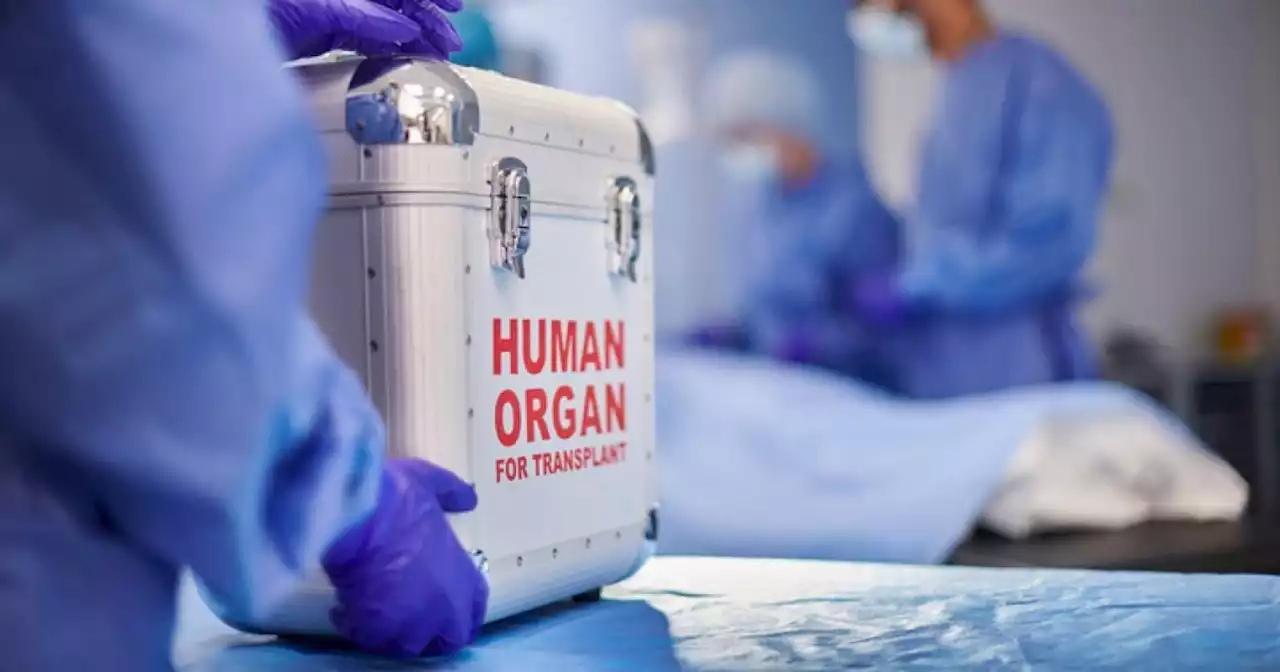 Human kidneys grown in pig embryos a major step for organ transplantsThe embryos are called chimeras.
Human kidneys grown in pig embryos a major step for organ transplantsThe embryos are called chimeras.
Read more »
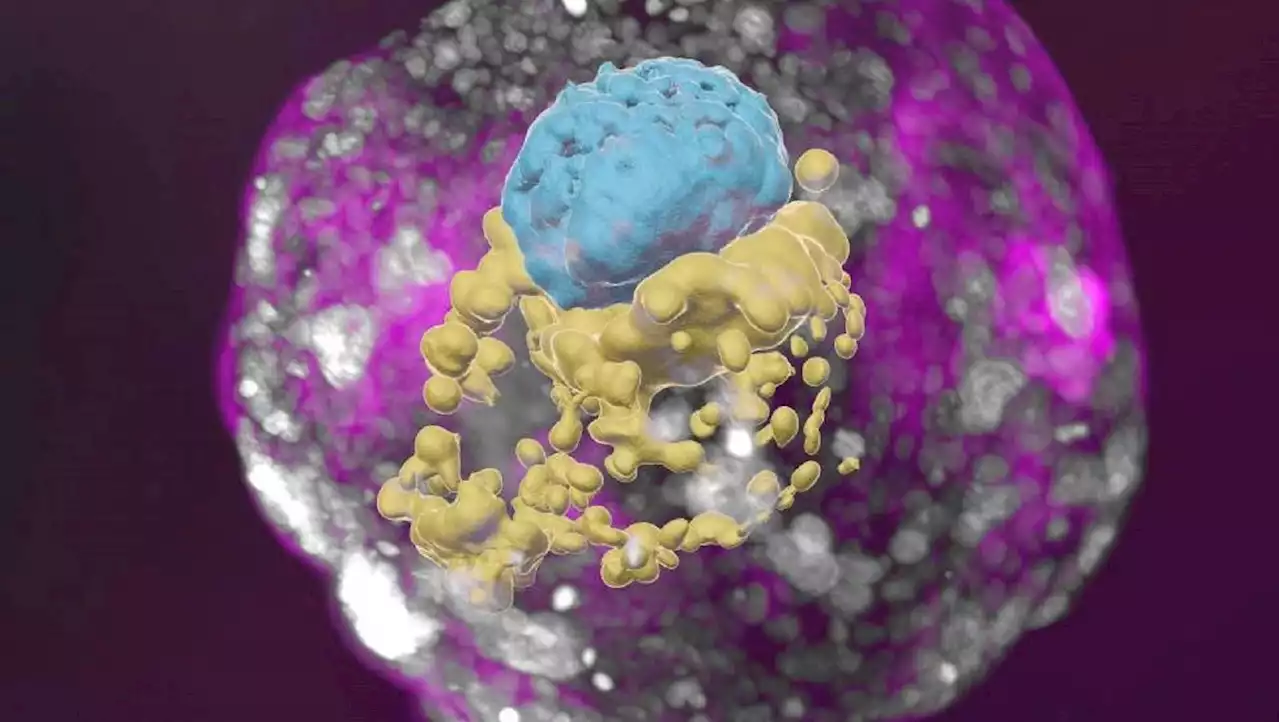 Lab-grown human embryo models are stepping stone to understanding disease and miscarriagesExperimenting on naturally produced human embryos isn’t an option, for ethical reasons - so these models can play a vital role in research
Lab-grown human embryo models are stepping stone to understanding disease and miscarriagesExperimenting on naturally produced human embryos isn’t an option, for ethical reasons - so these models can play a vital role in research
Read more »
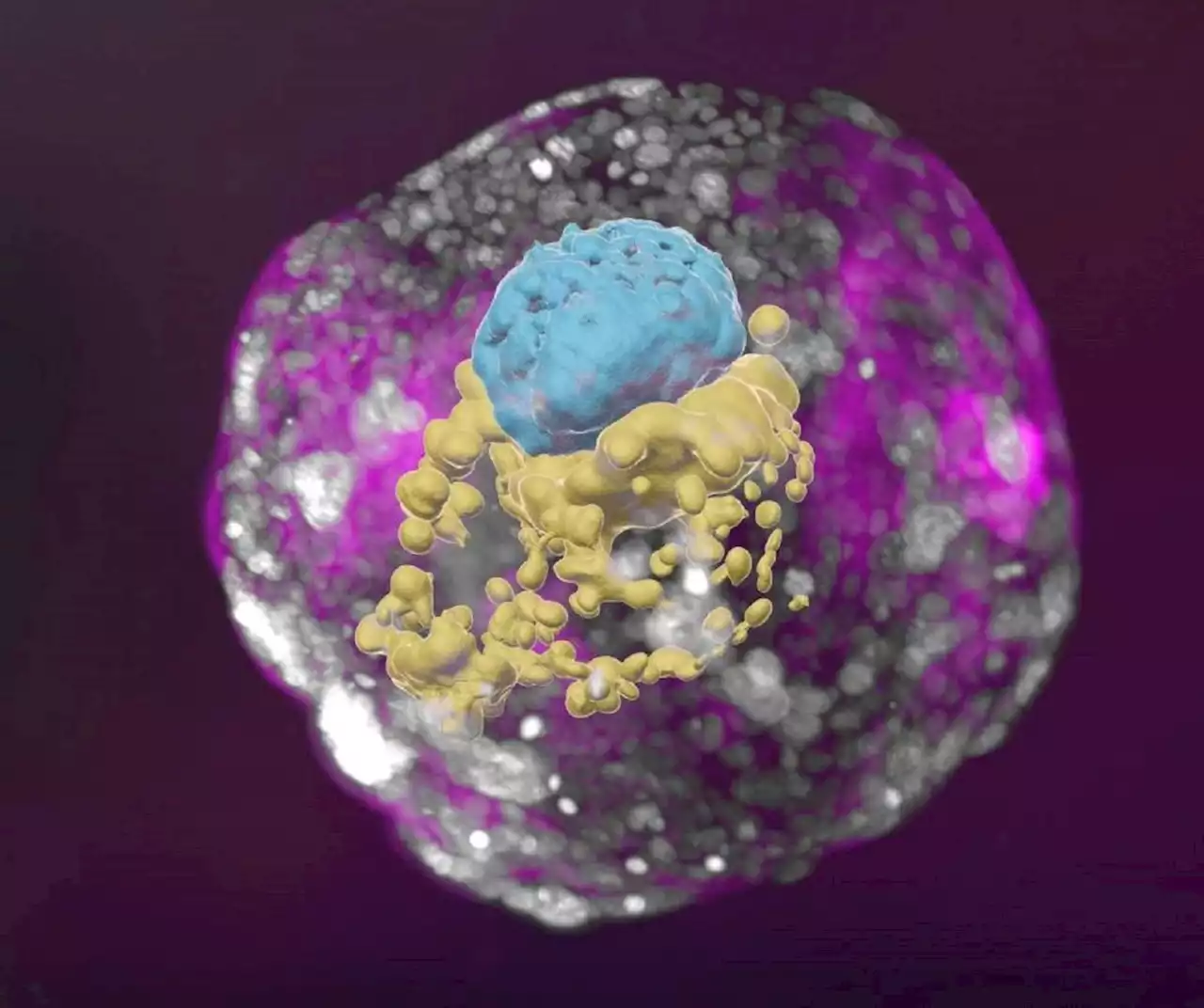 Lab-grown human embryo models are stepping stone to understanding disease and miscarriagesExperimenting on naturally-produced human embryos isn’t an option in almost any case, for ethical reasons.
Lab-grown human embryo models are stepping stone to understanding disease and miscarriagesExperimenting on naturally-produced human embryos isn’t an option in almost any case, for ethical reasons.
Read more »
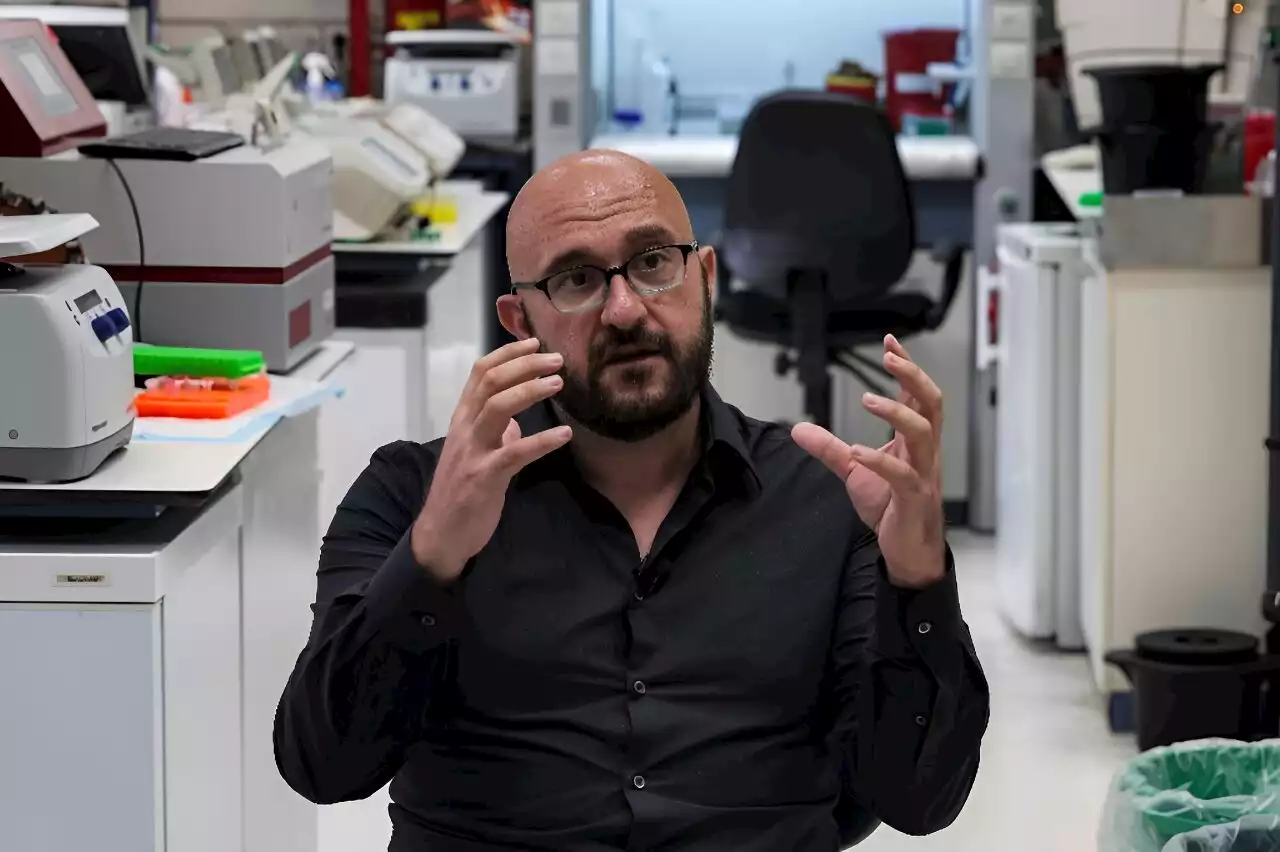 Lab-grown human 'embryos' offer new research hopeScientists have developed human embryo-like structures without using sperm, an egg or fertilization, offering hope for research on miscarriage and birth defects but also raising fresh ethical concerns.
Lab-grown human 'embryos' offer new research hopeScientists have developed human embryo-like structures without using sperm, an egg or fertilization, offering hope for research on miscarriage and birth defects but also raising fresh ethical concerns.
Read more »
 Human shoulders and elbows evolved as brakes for apes climbing trees, new study saysEarly humans needed the movements to slow their descent out of trees so they could climb down without dying, researchers from Dartmouth College in the US found.
Human shoulders and elbows evolved as brakes for apes climbing trees, new study saysEarly humans needed the movements to slow their descent out of trees so they could climb down without dying, researchers from Dartmouth College in the US found.
Read more »
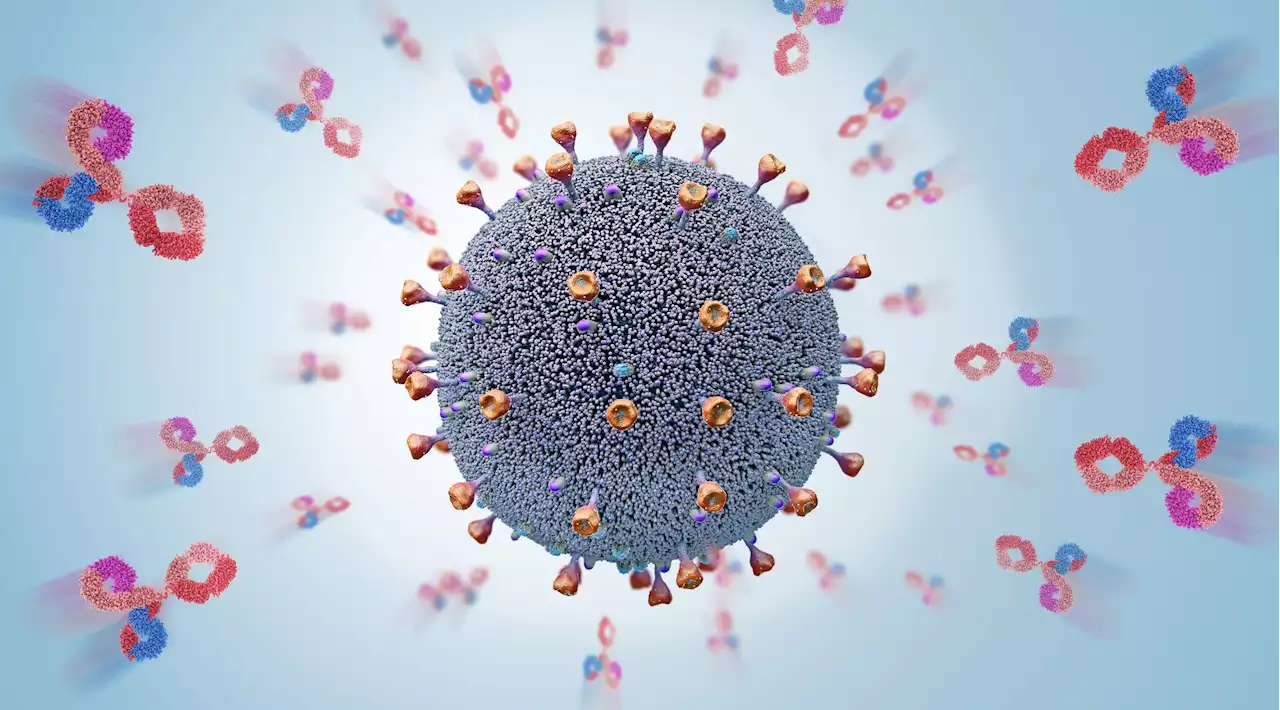 Early viral exposure in mice weakens vaccine response, raising questions for human studiesResearchers at Washington University have demonstrated that early life exposure to multiple viruses in house mice dampens the immune response to SARS-CoV-2 vaccinations later in life. The study raises concerns about the applicability of common mouse models in immunological research, suggesting that prior pathogen exposure could be a significant variable in predicting vaccine efficacy.
Early viral exposure in mice weakens vaccine response, raising questions for human studiesResearchers at Washington University have demonstrated that early life exposure to multiple viruses in house mice dampens the immune response to SARS-CoV-2 vaccinations later in life. The study raises concerns about the applicability of common mouse models in immunological research, suggesting that prior pathogen exposure could be a significant variable in predicting vaccine efficacy.
Read more »
